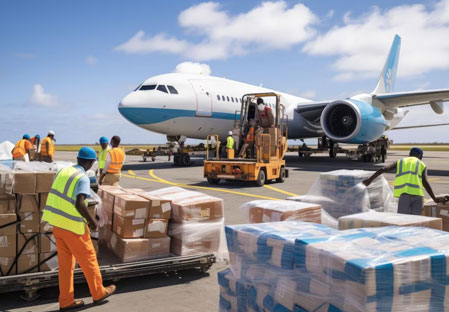
The IATA Cargo Supply Chain & Transport Modes course provides an in-depth exploration of air cargo transport modes and their integration into the broader supply chain. Participants will gain a thorough understanding of logistics principles, air cargo documentation, intermodal transportation, and the roles of key stakeholders, enabling them to optimize cargo operations and meet international compliance standards.
Professionals in logistics, freight forwarding, and airline operations who wish to enhance their expertise and streamline cargo handling processes.
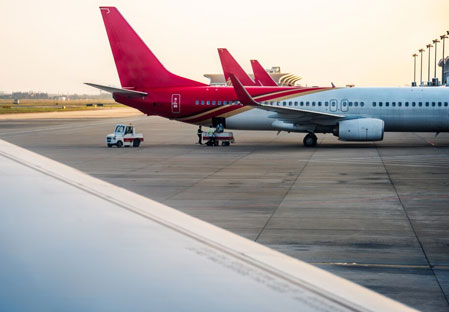
The IATA Cargo Introductory course provides foundational knowledge of air cargo logistics, preparing participants to enter the industry with confidence. This comprehensive program covers key concepts such as cargo rate calculation, air waybills, and regulatory compliance. It equips learners with the skills to manage shipments, handle documentation, and follow industry protocols to ensure safe and efficient air cargo transport.
Newcomers to the air cargo industry looking to build a strong foundation in cargo logistics and operational standards.

The IATA Air Cargo Rating course equips participants with the skills to accurately quote rates and charges for cargo shipments. The program covers advanced techniques for applying unpublished rates, calculating mixed consignments, and ensuring efficient use of Unit Load Devices (ULDs).
Cargo professionals seeking advanced skills in cargo rating and pricing strategies.
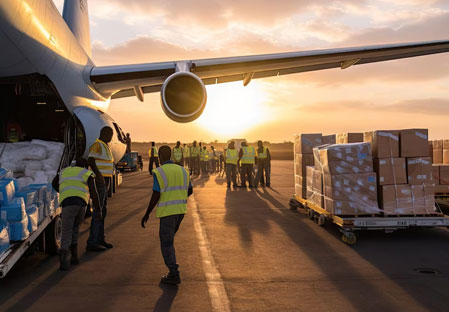
The IATA Live Animals Regulations (LAR) course is designed to provide essential training in the safe, humane, and compliant transportation of live animals by air. The program focuses on species-specific handling, regulatory guidelines, and documentation to ensure animal welfare during transit.
36 months, keeping professionals updated on global standards and practices.
Cargo professionals, airline staff, and animal transport coordinators.

The IATA Shipping Perishable Cargo course focuses on the effective handling, packaging, and transportation of perishable goods, such as food, plants, and pharmaceuticals. Participants will learn strategies to reduce loss, maintain quality, and ensure compliance with global standards.
Cargo professionals, logistics coordinators, and airline staff handling temperature-sensitive goods.
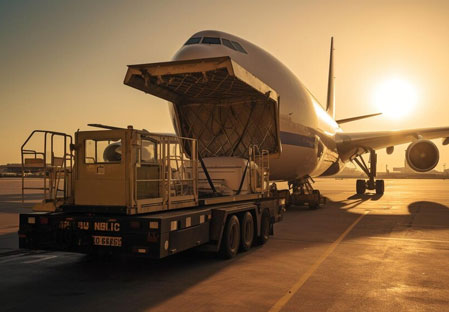
This course focuses on the specialized handling of time- and temperature-sensitive healthcare products, such as vaccines, pharmaceuticals, and biologics. Participants will gain the skills needed to implement effective logistics strategies, ensuring product safety and compliance with industry standards.
Professionals in pharmaceutical logistics, healthcare companies, and airline cargo operations.
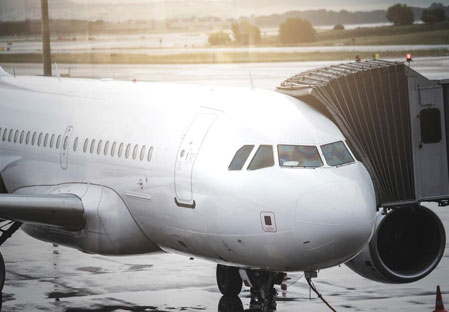
The IATA Special Cargo Handling Diploma offers advanced training in handling specialized cargo, such as dangerous goods, live animals, perishables, and pharmaceuticals. This program equips participants with the knowledge to navigate complex regulations and safely manage high-value and sensitive shipments.
Completion of three IATA certifications in cargo-related courses.
Experienced cargo professionals seeking to expand their expertise in managing special commodities.
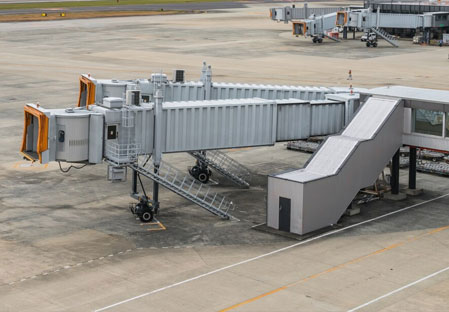
The ULD Handling Awareness course focuses on the proper handling of Unit Load Devices (ULDs) to minimize damage, ensure compliance with aviation authority requirements, and prevent last-minute rejections. Participants learn how to handle various types of ULDs and their compatibility with aircraft in line with IATA ULDR Manuals.
Cargo professionals, ground handlers, and airline staff responsible for ULD operations.
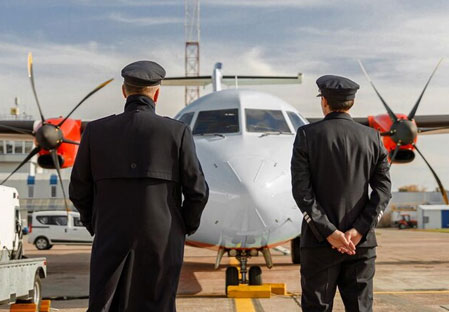
The IATA Aviation Security Awareness course equips participants with the knowledge and skills to implement effective security measures in the aviation environment. The course emphasizes identifying potential security threats and adhering to regulatory guidelines to ensure the safety of passengers, cargo, and airport staff.
Airport staff, security personnel, and aviation professionals seeking to enhance their security expertise.
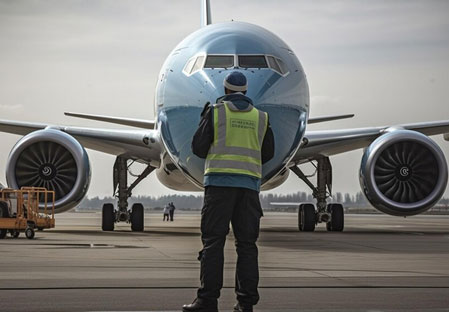
The IATA Air Cargo Security course provides a deep understanding of the principles and practices required to maintain security in the air cargo supply chain. Participants will learn to identify potential risks, enforce security protocols, and understand the human factors critical to achieving effective security.
Cargo professionals, security personnel, and aviation staff working in cargo operations.